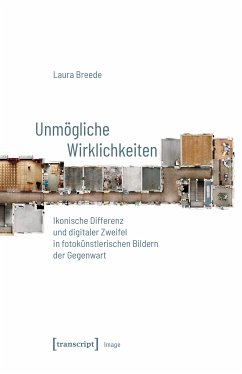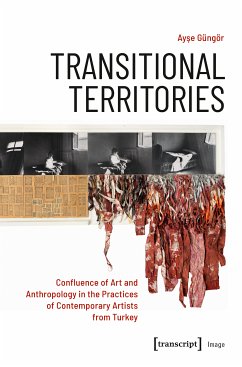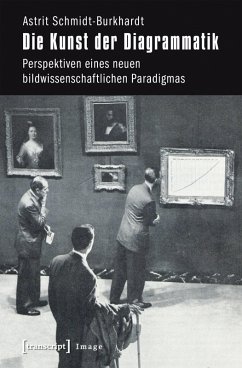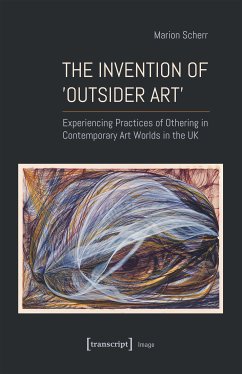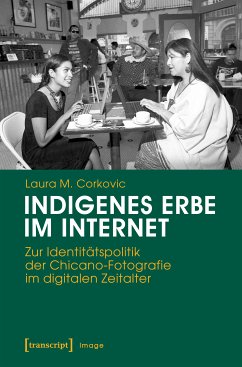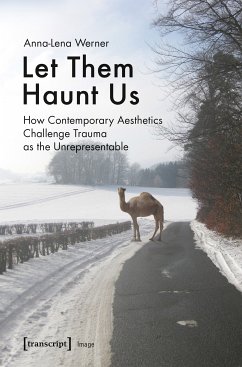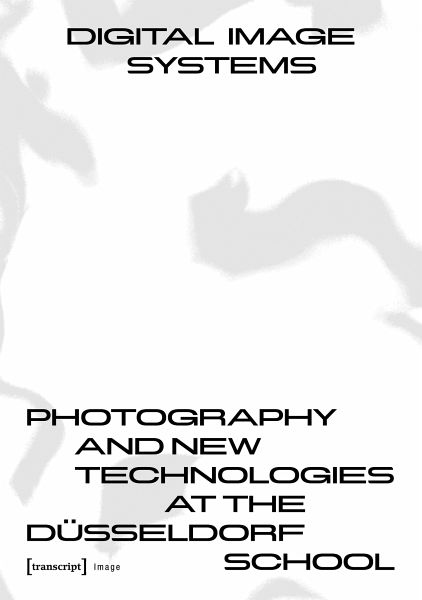
Digital Image Systems (eBook, PDF)
Photography and New Technologies at the Düsseldorf School

PAYBACK Punkte
0 °P sammeln!
In Digital Image Systems, Claus Gunti examines the antagonizing reactions to digital technologies in photography. While Thomas Ruff, Andreas Gursky and Jörg Sasse have gradually adopted digital imaging tools in the early 1990s, other photographers from the Düsseldorf School have remained faithful to film-based technologies. By evaluating the aesthetic and discursive preconditions of this situation and by extensively analyzing the digital work of these three photographers, this book shows that the digital turn in photography was anticipated by the conceptualization of images within systems, a...
In Digital Image Systems, Claus Gunti examines the antagonizing reactions to digital technologies in photography. While Thomas Ruff, Andreas Gursky and Jörg Sasse have gradually adopted digital imaging tools in the early 1990s, other photographers from the Düsseldorf School have remained faithful to film-based technologies. By evaluating the aesthetic and discursive preconditions of this situation and by extensively analyzing the digital work of these three photographers, this book shows that the digital turn in photography was anticipated by the conceptualization of images within systems, and thus offers new perspectives for understanding the »digital revolution«.
Dieser Download kann aus rechtlichen Gründen nur mit Rechnungsadresse in A, D ausgeliefert werden.





